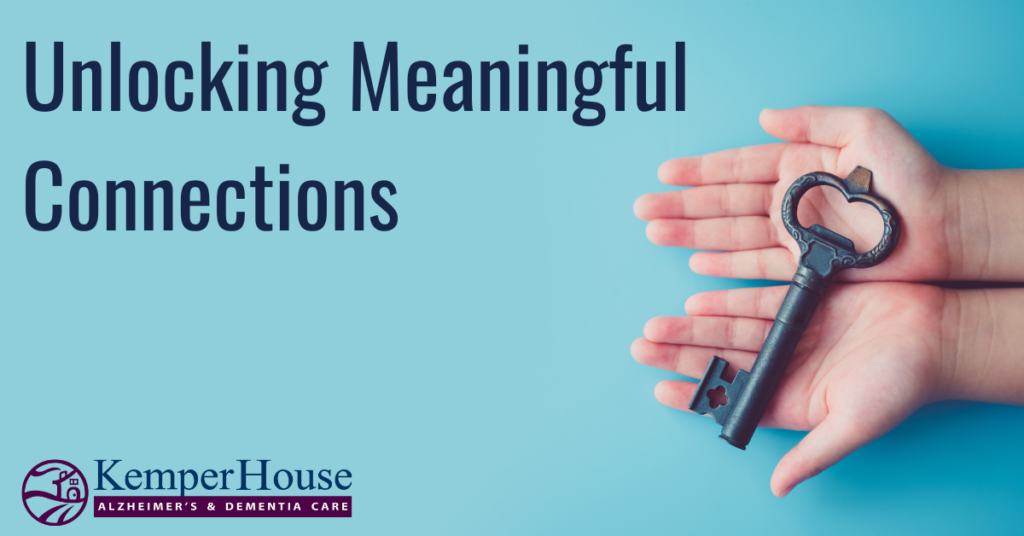
Autumn and Sleep Disruptions
Welcome to Fall…. beautiful skies, turning leaves, crisp and cool air. Along with Autumn comes shorter days, and longer nights. Our evenings will become our late afternoons. What does this mean for persons with Alzheimer’s or other dementia?
Less daylight equals more sleeping disruptions.
Because our residents often take their cue that it is time for bed by sunlight, many of our folks will want to start going to bed earlier. People with Alzheimer’s and dementia may have problems sleeping or they could have increases in behaviors that begin at dusk and last into the night. This is known as “sundowning.” During this time of sundowning, a person with Alzheimer’s or dementia may experience increased confusion and agitation. The caregiver may struggle with communication and redirection, as well. There is no definite known cause of sundowning. Some feel that it is a disruption in our circadian rhythm or biological internal clock. Many believe it has much to do with exposure to light and sleep. The person with Alzheimer’s or dementia may feel unsafe, insecure, and restless during this time. Some may even experience hallucinations, delusions, and/or an increase in paranoia. Further along in the dementia process, some may be “looking to go home,” or “looking for their mother. Or even relive a past negative experience” This is how they express their need to find a familiar place to feel safe and secure.
So, how does the caregiver manage sundowning? The caregiver can ensure that their resident has a routine and schedule that is not disrupted or changed. Unfamiliar settings or changes in environment will exacerbate sundowning symptoms. Daily routine should include movement, good nutrition, exposure to light, and socialization with others. It is not good for someone with Alzheimer’s or other dementia to frequently sleep during the day unless that was their routine most of their life. Increased activity and a short afternoon nap may allow for a better night’s sleep. If someone is sleeping too much during the day, their circadian rhythm is already out of whack for night-time sleep. At times, medication may need to be used to alleviate some of the symptoms.
What causes these disruptions?
Scientists do not completely understand why sleep disturbances occur with Alzheimer’s disease and dementia. As with changes in memory and behavior, sleep changes somehow either result from the impact of dementia or is caused by it. Some studies indicate as many as 25 percent of people with Alzheimer’s will experience increased confusion, anxiety, and agitation beginning late in the day. Others may experience changes in their sleep schedule and restlessness during the night. This disruption in the body’s sleep-wake cycle can lead to more behavioral problems. Factors that may contribute to late afternoon restlessness and sleep disturbances include:
- End-of-day exhaustion (both mental and physical)
- An upset in the “internal body clock,” causing a biological mix-up between day and night
- Reduced lighting and increased shadows can cause people to misinterpret what they see and become confused
- Disorientation due to the inability to separate dreams from reality when sleeping
- Less need for sleep, which is common among older adults.
At Kemper House, we know that our residents may be worn out after a long day. Often when they sleep, they do not get into their REM sleep cycle, and keeping them up all day only makes them more tired. So, let the nappers, nap. Let the night owls stay up. Let the early-to-bed, early-to-rise folks do their thing. That is what we do to accommodate our resident’s needs. That is all part of the Kemper Way.
-Jenny Kemper


